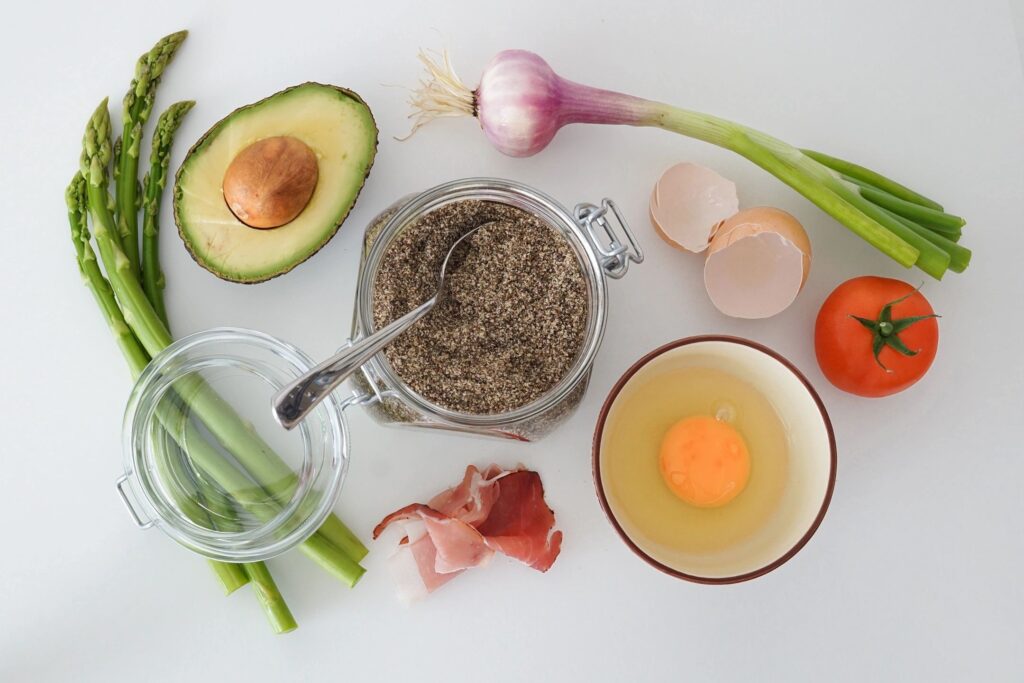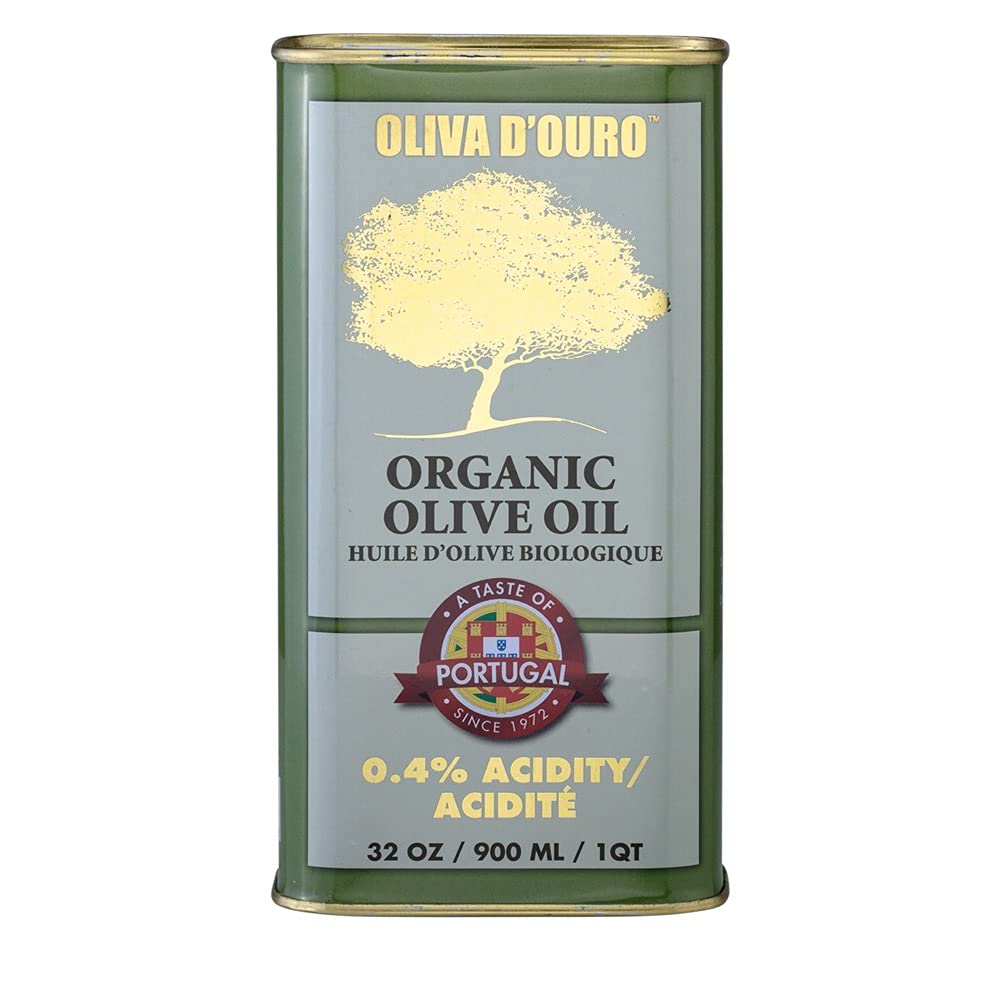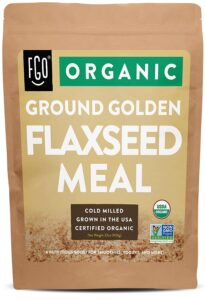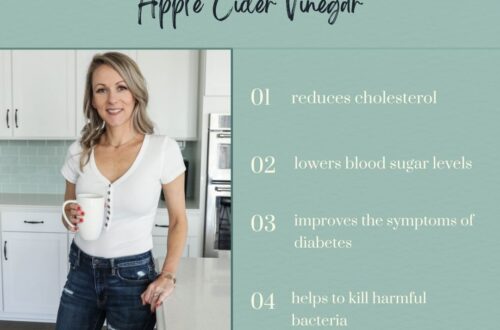
Fats For Fertility
Megan* was a strict dieter for years. Patty* was an active gym rat and considers herself a healthy eater. Sophia* would eat one meal a day and nap every afternoon. All of these patients have something in common: all of them came to me because they were having trouble losing weight and falling pregnant.
At our initial consultations, each woman told me they ate “healthy” but based on my assessments, each was not taking in enough calories (amongst other things) from fat to aide in hormone production necessary to conceive.

Why Do We Need Fat?
Contrary to what history has told us, fats are vital for overall wellness as well as fertility, the production of reproductive hormones, and to ward off inflammation. For example, estrogen is stored in fat cells and cholesterol is the backbone for every reproductive hormone. Thus, making healthy fats essential for a healthy hormone profile.
Aside from hormonal health, dietary fats are a major component of the structure of our brains, muscles, and bones. Understanding the good from the bad is critical for overall health and achieving your personal goals.
So why is TOO much fat bad for women?
Having too many fat deposits on our body can be critical when trying to control hormonal imbalances. Adipose (fat) tissue readily stores androgens and other lipid-soluble steroids which naturally increases the level of steroid hormones known to interfere with fertility. (1)
Additionally, how much fat you carry can interfere with ovulation and your ability to conceive naturally. Being overweight increases your risk of developing disorders that can disrupt the production of hormones conducive to conception (PCOS, insulin resistance, and diabetes, for example). Even the location of your excess weight impacts infertility. If you carry most of your weight in your abdomen, buttocks, and hips, you are more likely to experience infertility than women who are peripherally obese. (2)
Bad Fats for Fertility
Of course, not all fats are created equal and some are more desirable than others. The first fat I always tell my clients to steer clear of are trans-saturated fats (aka, “trans fats”). Trans fats are artificial fats made my manufactures by adding hydrogen to vegetable oils for the purpose of partially solidifying them. Trans fats not only raise your LDL’s (bad cholesterol) and increase your risk for heart disease but may also cause infertility by promoting development of ovulatory infertility conditions. (wink wink my PCOSers)
Trans fats have absolutely no health benefits. They promote inflammation, can cause ovulatory dysfunction, and poor hormone balance. A study at Harvard Medical School found that women** who regularly consumed trans fats were 70% less likely to conceive than women** who did not. The good news is that if you are eating fresh and natural foods, you don’t need to worry about trans fats.
Trans fats are found in only processed foods. So avoid fast food, packaged foods, commercially made baked goods, and margarine. Also, avoid packaged foods which contain “partially hydrogenated vegetable oil” as that is code for trans fats.
Additionally, saturated fats in large quantities can be harmful to your body. These fats, which are found in animal products, stay solid and can cause fatty deposits in blood vessels, leading to atherosclerosis, can contribute to insulin resistance, endometriosis, and PCOS. Another study from the Harvard School of Public Health showed that women with a higher intake of dietary saturated fats have fewer mature oocytes available for collection in IVF.
You don’t however need to eliminate saturated fats altogether. The kind of animal products that contain saturated fats also contain cholesterol – and despite cholesterol bad rep, you need small amounts to make reproductive hormones. So, don’t write-off saturated fat completely but have sensible quantities from items like full-fat yogurt, eggs, or grass-fed beef.

Good Fats for Fertility
Monounsaturated (MUFA’s), fats which are liquid at room temperature because they have two less hydrogen atoms than saturated fats, have been associated with promoting regular ovulation and improving fertility. Great sources of MUFAs are avocados, walnuts, and almonds. These foods also contain vitamin A, potassium, folate and other nutrients to support reproductive health.
Polyunsaturated fats, also referred to as “essential fatty acids”, cannot be made by the body but your body still needs them to function. Polyunsaturated fats, found in salmon, flax mea, and algae, have been shown to help promote a healthier heart and reduce inflammation.
There are two main types of polyunsaturated fats: omega-3 fatty acids and omega-6 fatty acids. The numbers associated with these fatty acids just refer to the location of the double bonds in the molecules. Omega-3 fatty acids are essential building blocks for production of hormones involved in conception and pregnancy. Both Omega-3 and Omega-6 fatty acids offer health benefits, but it’s the ratio of the two fats that really matters. The proper ratio for omega-3:omega-6 is 1:4. When you eat more omega-6 than omega-3s in your diet, you can increase your levels of inflammation.
Hopefully I’ve convinced you that not all fats are bad and that some are essential for daily life. So remember…it all comes down to the type of fat…
- Fats to avoid when trying to conceive: trans and saturated fats
- Fat to focus on when trying to conceive:monounsaturated fats and polyunsaturated fats (predominantly omega-3 fatty acids).
References
1 & 2) 5 Fertility Foods; https://www.vierafertility.com/blog/5-fertility-friendly-foods/, Referenced 11/7/2022






